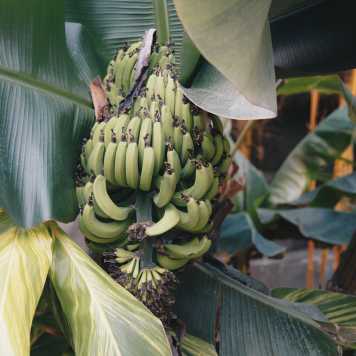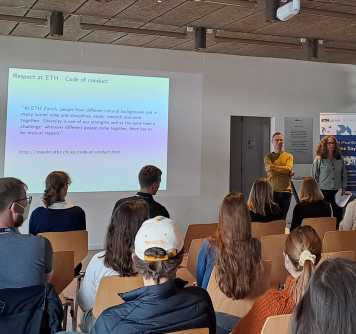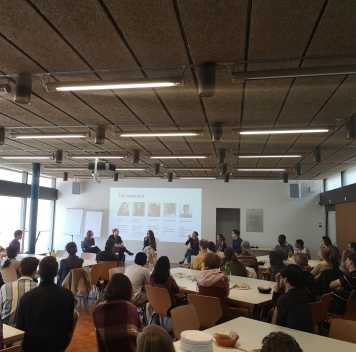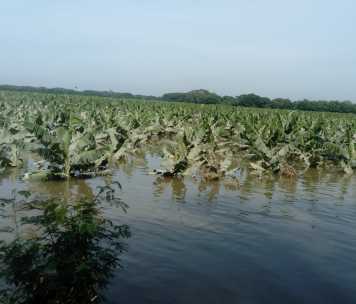OrRes
Assessing the role of organic value chains in enhancing food system resilience (OrRes)
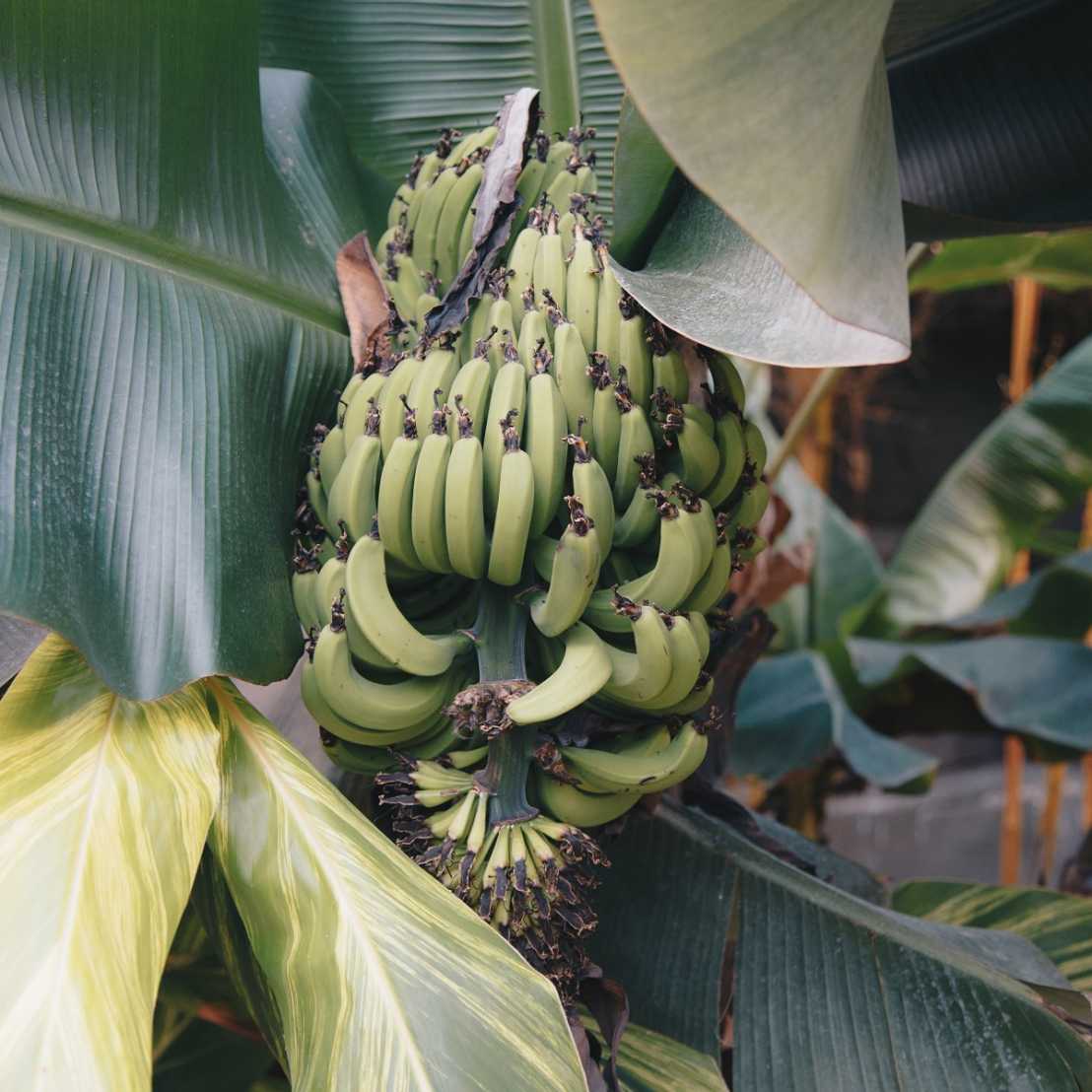
Project Start: 2017
Principal Investigator: Prof. Johan Six, Sustainable Agroecosystems
Co-Investigators: Dr. Erik Chavez, Imperial College London; Dr. Birgit Kopainsky, University of Bergen
Contact: Prof. Johan Six
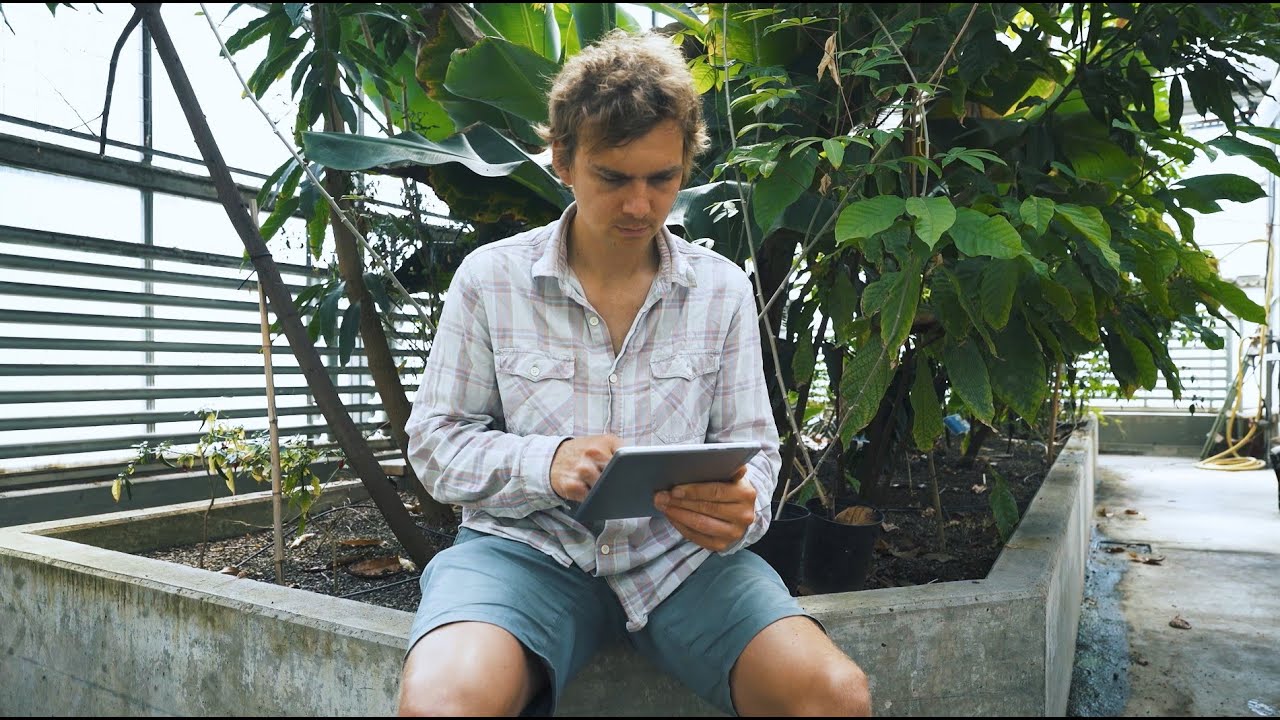
Biophysical, social, and economic shocks negatively impact all actors in food value chains from producers to processors to retailers. The main aim of this project is to assess and compare the resilience to such shocks of organic value chains versus their conventional counterparts for cocoa in Ghana and bananas in the Dominican Republic.
The ability of the global food system to meet the needs of a growing population is increasingly threatened by various factors, such as unpredictable shocks (short, abrupt and non-‐linear) as well as stressors (long-‐term trends creating stress on the system) caused by global change. In order to achieve global food security, the food system needs more resilience versus such perturbations [1]. Organic systems (value chains) have been proposed as a strategy to increase the resilience of food systems, for example through their lower reliance on external inputs and greater ability to conserve natural capital [2]. Thus, this PhD project proposes to assess and compare the resilience of organic value chains versus their conventional counterparts. In doing so, components (ranging from production management techniques to purchasing strategies) that enhance resilience are identified, optimized, and promoted. We conduct this comparison on two study case value chains: cocoa from Ghana and banana from the Dominican Republic. These value chains are chosen because 1) both are international value chains with clearly defined organic versus conventional channels 2) they play an important role in the food system (high production volumes, numbers of producers and consumers) 3) demand on these organic products is increasing and 4) they are produced in vulnerable tropical smallholder systems. This project will adopt a transdisciplinary approach: first, key indicators of resilience will be identified and measured, this will include both qualitative and quantitative approaches. The quantitative approach will harness big data to measure the resilience of the value chains and use econometric analysis to allow an empirical comparison of organic versus conventional value chains. Second, a systems dynamics approach will be used to understand the dynamic processes and relationships between and within segments in both organic and conventional value chains. Using the generated knowledge, interventions to enhance resilience will be designed in partnership with key stakeholders.
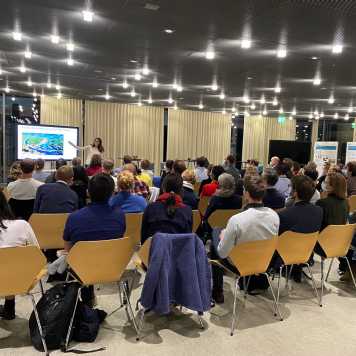
Presentation at World Food System Center Food Day @ETH 2021
Assessing Organic Production Systems: DownloadEnhancing smallholder farmer climate resilience in cocoa and banana global food value chains (PDF, 2.2 MB)vertical_align_bottom
Poster Presentation at World Food System Center Research Symposium 2019
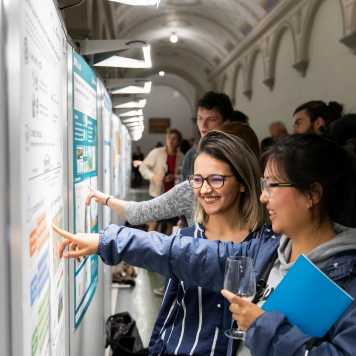
DownloadRacing to recover: What determines smallholder responses to extreme weather events? (PDF, 13.7 MB)vertical_align_bottom by W. Thompson et al.
Poster Presentation at World Food System Center Research Symposium 2017
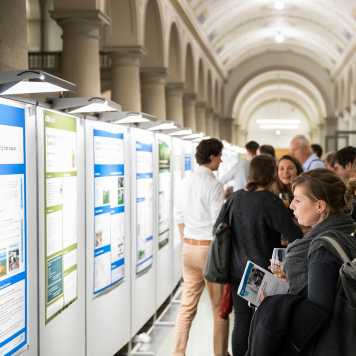
Assessing the role of organic value chains in enhancing food system resilience by W. Thompson et al.

